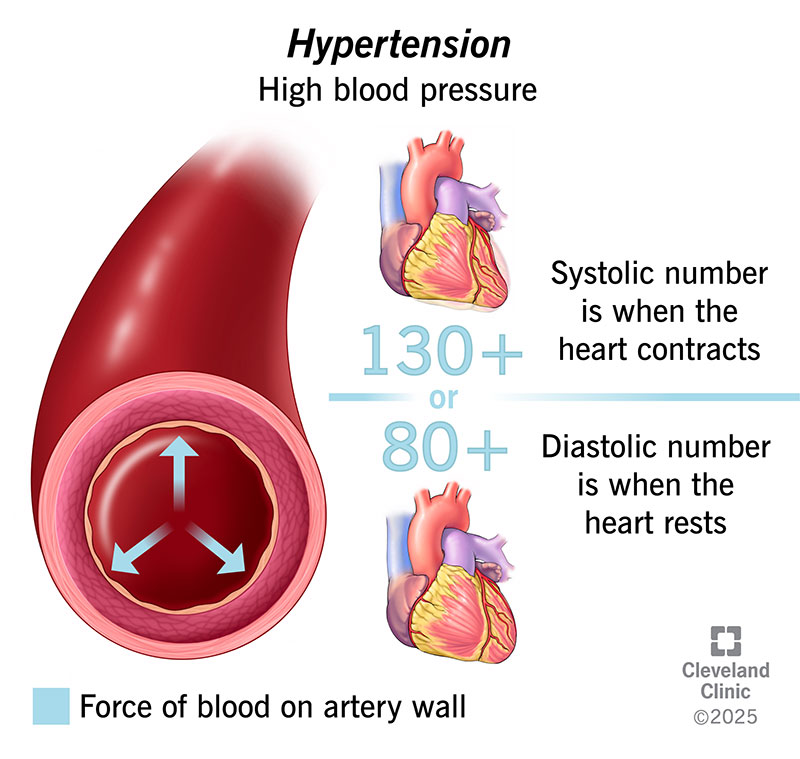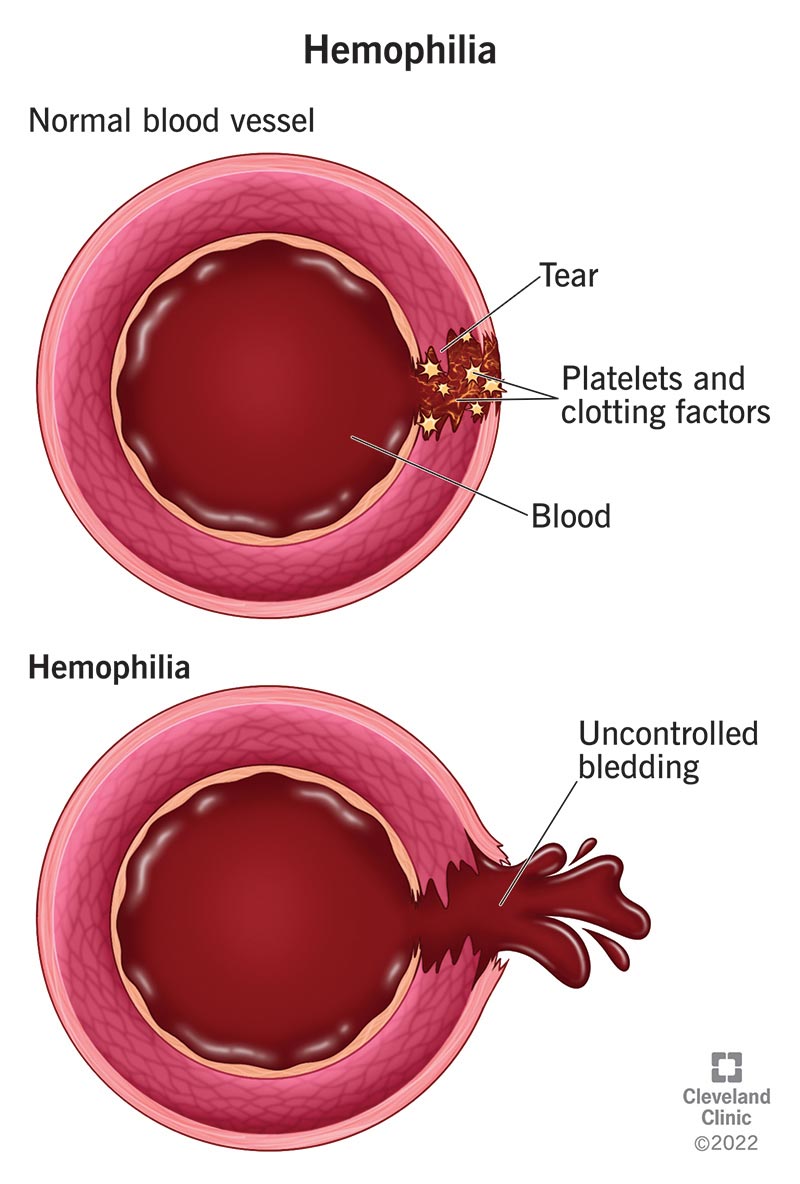It is a muscle that pumps blood throughout the body
Heart
A system of organs that allows for organisms to undergo respiration
Respiratory System:max_bytes(150000):strip_icc()/respiratory_system-578d72f73df78c09e96906ff.jpg)
The process of absorbing oxygen into your body and expulsing out carbon dioxide
Respiration
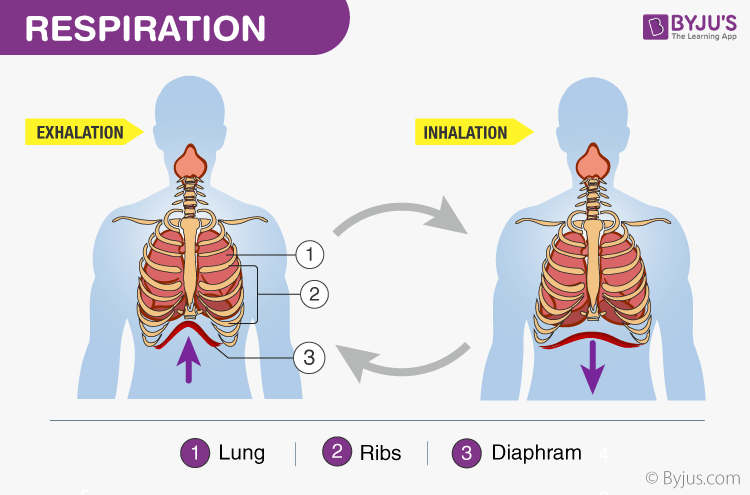
Blood is contained within an organism's veins and arteries
Closed Circulatory System
Characterized as a long-term condition that imposes high blood pressure on the patient
Hypertension/High Blood Pressure
A membrane for gaseous exchange that is shaped like a cavity or sac.
Lungs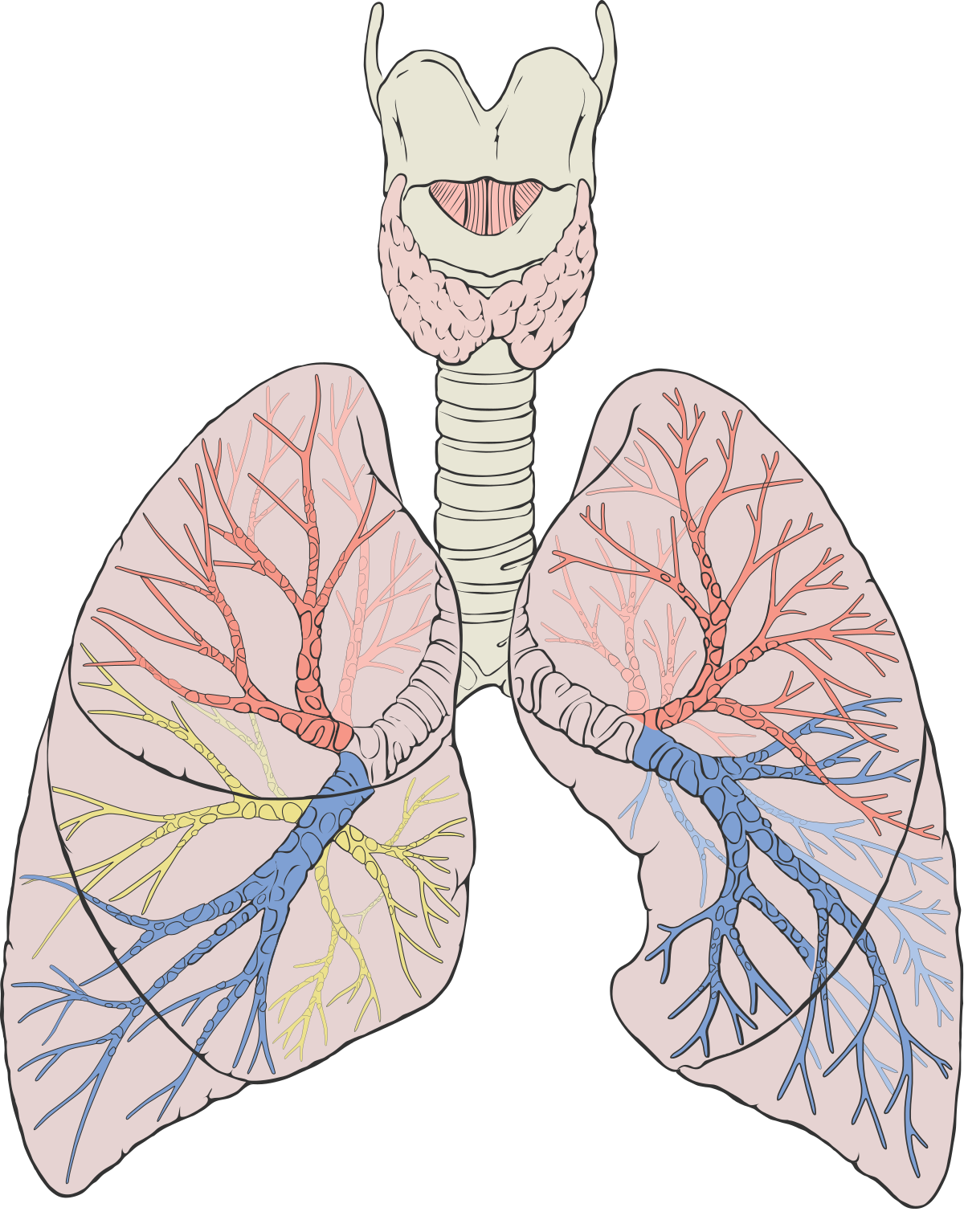
A system that allows for organisms to transfer nutrients, hormones, chemicals and waste products all through-out the body
Circulatory System
Blood Flow
Most common in arthropods and mollusks
Open Circulatory System
A disease characterized and named by the repeated reflex that protects the lungs and airways from irritants. In this case, frequent and involuntary occurrences of this reflex to remove mucus or phlegm
Whooping Cough
The respiratory pigment in vertebrates and the reason why blood is red
Hemoglobin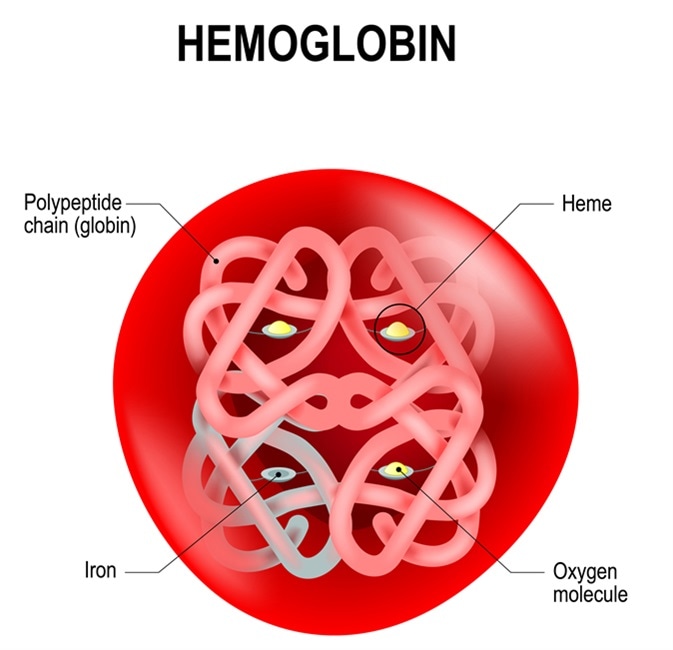
Allows for water and macronutrients to travel through a plant
Xylem and Phloem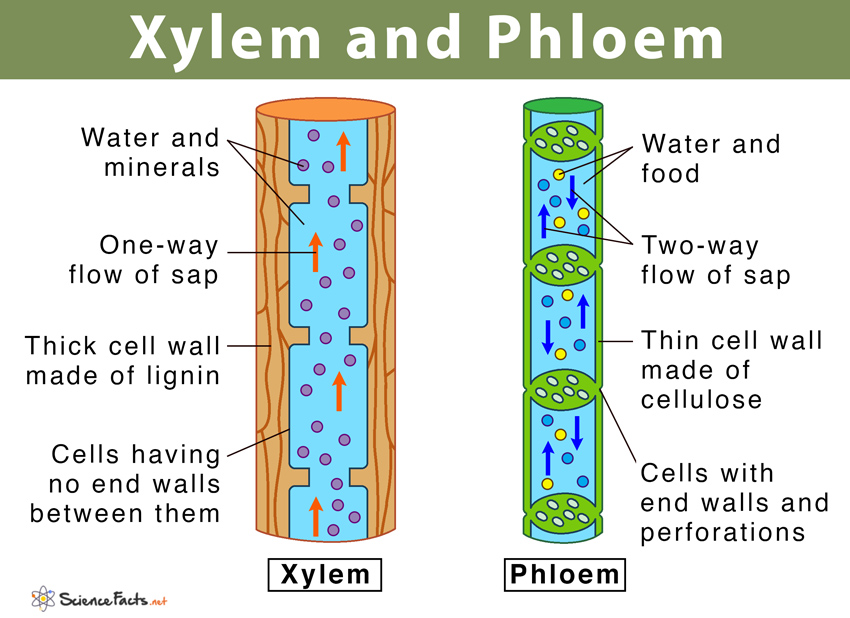
The process wherein water evaporates from the leaves of a plant
Transpiration
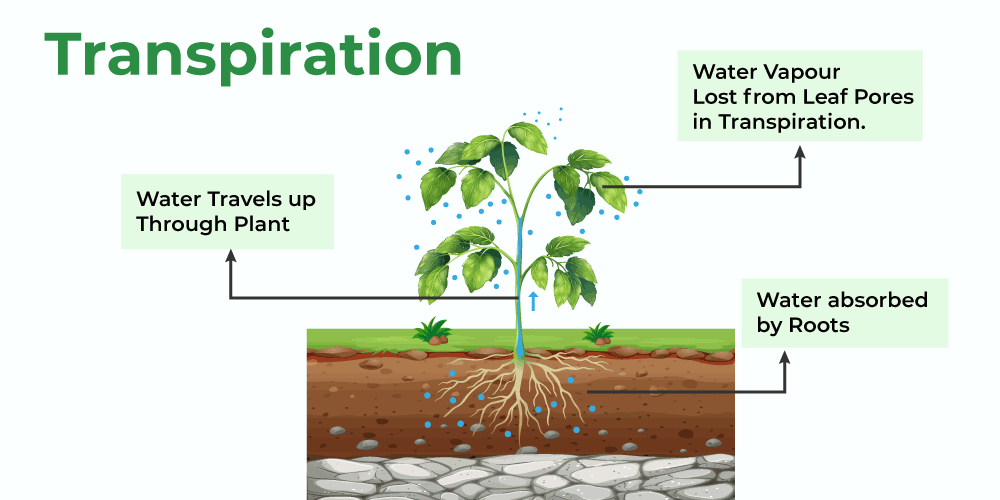
No Circulatory System
An inflammatory condition of the lung primarily affecting the small air sacs known as alveoli
Pneumonia
Allows water to travel from a plant's roots to its other parts such as the leaves and the stems
Xylem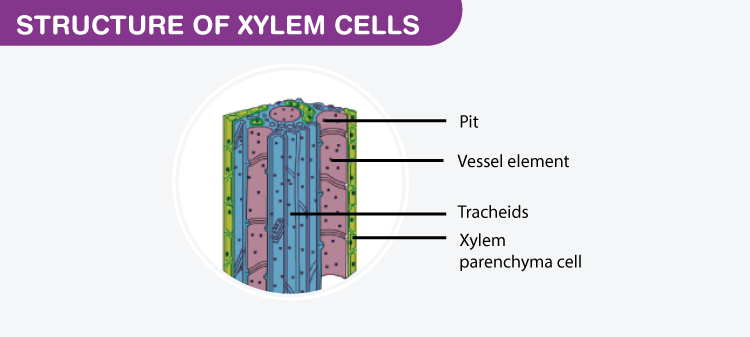
Utilizes fine air-conducting tubules to provide gaseous exchange at the cellular level
Tracheal System
Deoxygenated blood leaving an organism's heart through the right ventricle and is transported to the lungs with the help of the pulmonary artery
Pulmonary Circulation System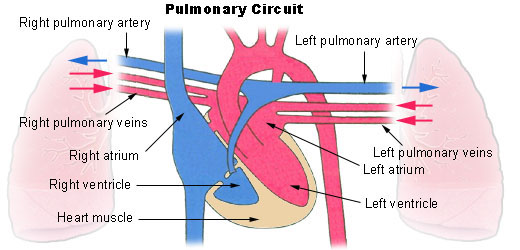
Organisms with cardiovascular systems
Closed Circulatory System
Known as a medical condition that occurs when there is low blood flow to the brain. This can happen in two ways, ischemic due to lack of blood flow and hemorrhagic due to bleeding.
Stroke
A fluid found in organisms with an open circulatory system
Hemolymph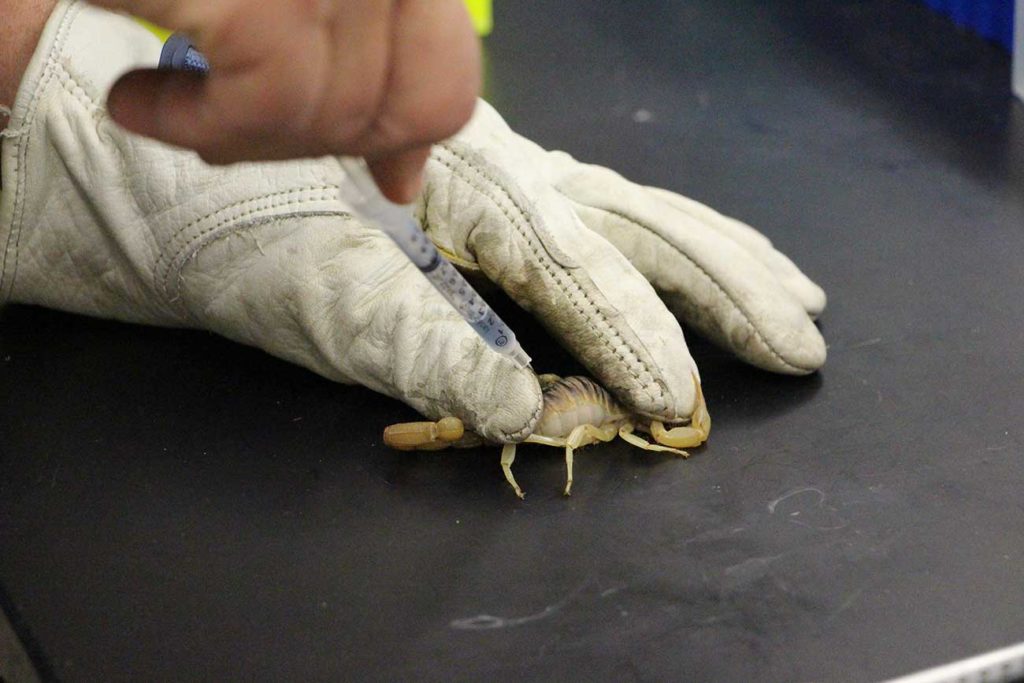
Animals with no circulatory system
Sponges, Cnidarias, Flatworms


A type of respiration where water enters an organism's mouth and leaves through a special organ in the back of the head
Internal Gills/Aquatic Breathing
The presence of hemolymph in an organism
Open Circulatory System
An inherited condition wherein blood does not clot properly which usually leads to spontaneous bleeding
Hemophilia
